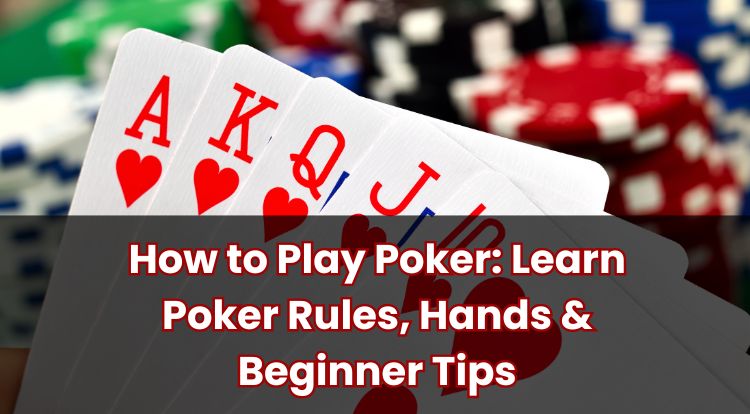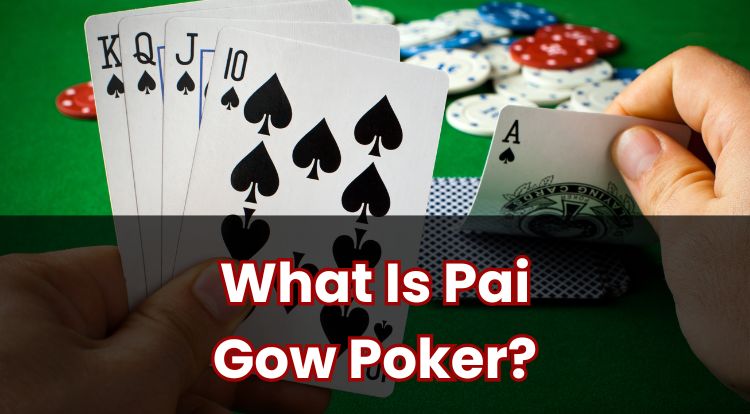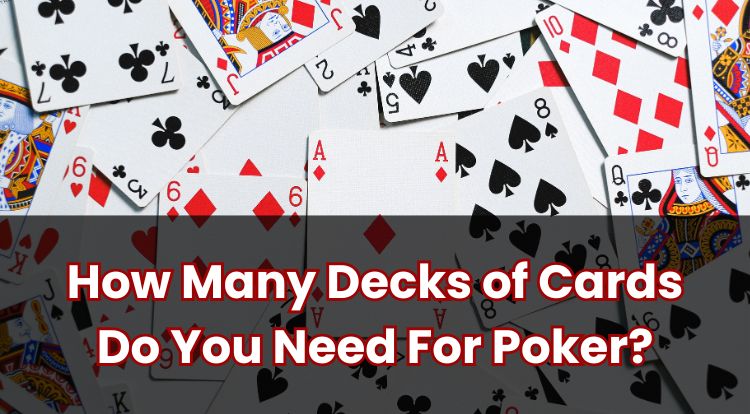Donk Bet Poker Meaning Explained & When To Donk Bet
If you’re new to poker, or just starting to explore the game, you might come across certain terms that seem confusing at first. One of these is the “donk bet”. Despite how it sounds, it’s a recognised part of how some people play poker, particularly in Texas Hold’em, which is one of the most commonly played versions of the game in the UK.
In this guide, you’ll learn what a donk bet means, how it fits into the flow of a hand, and how different players might respond to it. This article is written for beginners—so whether you’ve never played a card game before, or you’re just curious about poker, everything is explained in plain English. You won’t need any previous knowledge.
All examples in this guide are based on No-Limit Texas Hold’em, a popular form of poker often found in many online casinos and card rooms. Keep in mind that different poker games can have their own rules, so it may be a good idea to check how each game works before playing. Poker also involves an element of chance, so outcomes can’t be predicted, and winnings can never be guaranteed.
What Is a Donk Bet In Poker?
In poker, players take turns betting, depending on their position at the table and how the action unfolds. A donk bet refers to a specific type of bet made after the first three community cards—known as the flop—have been dealt.
Here’s a simple way to explain it. Before the first three community cards are dealt (the flop), one of the players might increase the initial bet. This is known as a pre-flop raise. After the flop is revealed, players continue betting in a set order, starting with the person closest to the left of the dealer. Usually, the player who made the pre-flop raise is expected to either bet again, or decide how to respond once it’s their turn—depending on where they are sitting at the table.
However, if a player who did not raise before the flop decides to place a bet before the pre-flop raiser has taken any action, this is known as a donk bet. It is called this because it interrupts the expected flow of betting in the hand. The term “donk” originally came from informal poker slang and referred to a less experienced player, but in this context, it simply describes a type of unexpected or unorthodox play.
This move can sometimes catch other players off guard because it goes against common betting patterns. The idea behind the donk bet is not necessarily incorrect—it just doesn’t follow the standard sequence. Whether it’s a good or poor decision depends on the specific hand, the players involved, and the overall strategy.
Why Is Donk Betting Bad?
Many experienced poker players view donk betting with scepticism. That’s because it changes the usual flow of betting and can make it harder to interpret a hand based on typical patterns.
In most hands, players expect the pre-flop raiser to continue showing strength by making what’s known as a continuation bet—a follow-up bet after the flop to try and maintain pressure.
When another player steps in with a donk bet, it removes that opportunity for the continuation bet. For this reason, it may be seen as a way of disrupting a potential strategy. In some circles, this move is seen as unclear or lacking purpose. Others may view it as an indication that the player is unsure about what to do and is placing a small bet to try and gain information about the opponent’s hand.
However, not all donk bets are made without thought. In modern poker, players may use them tactically in an attempt to force a reaction, or take initiative in a hand. But unless the move has a clear purpose, it can potentially expose the player to raises or calls from more experienced opponents.
Poker is a game where people adjust strategies based on position, opponent behaviour, and the strength of their hand. The donk bet is just one of many options, and how effective it is will depend on how it’s used within a broader plan.
How To Handle Donk Bets
When another player places a donk bet after the flop, you have several possible responses. These depend on your hand, your position, and what you believe the other player is trying to achieve. There is no “correct” answer every time, as outcomes can vary due to the random nature of card distribution.
One option is to raise. By raising a donk bet, you’re putting additional chips into the pot to signal strength. This can potentially be effective if you believe the original bet was weak or uncertain. However, if the donk bettor actually holds a strong hand, raising might result in a larger loss.
Another choice is to call. This means matching the amount of the donk bet without increasing it. Calling allows you to see the next card (the turn) and gather more information before making a bigger decision. It’s a way to stay in the hand without committing too much.
You may also choose to fold, which means giving up your hand and not risking more chips. If your hand is weak, or the donk bet seems unusually strong, folding can sometimes be a safer route.
Ultimately, how you handle a donk bet should depend on what you’ve observed about the other player, the size of the bet, and how well your hand matches the flop. There is no guaranteed approach that works every time, and poker results can be affected by many unpredictable factors.
When To Donk Bet
A donk bet can be used as part of a strategy in specific situations. For instance, some players decide to make this move when they believe the flop has given them a stronger hand—perhaps a two-pair, a straight draw, or three of a kind—and they want to try and prevent the pre-flop raiser from setting the pace.
Others may use a donk bet as part of a bluff—a tactic where they act as though they have a stronger hand than they really do. This can be an attempt to force their opponent to fold, although there’s a risk involved if the other player calls or raises.
In some games, donk bets are used to change the rhythm of play, or to challenge an opponent’s assumptions. The goal might be to confuse or re-shape the direction of the hand. These types of plays are usually more common in advanced poker, but can be seen in casual games too.
It’s worth remembering that poker is a game of incomplete information. You won’t know what cards your opponents hold, and there is an element of randomness in every hand. Even if you make a strong donk bet at the right time, the outcome may not always go your way.
Understanding when, how, and why to use this type of bet takes experience. There are no strategies that lead to guaranteed wins in poker, and your decisions will depend on your personal approach, your reading of the table, and how much you’re willing to risk in a particular hand.
Play Poker Games For Real Money Online
If the idea of playing poker in an online setting sparks your interest, Red Casino provides an opportunity to engage with various games. At Red Casino, you can participate in poker games that offer the chance to play using real money.
With a straightforward platform, Red Casino allows you to explore different poker strategies and take part in classic games like Texas Hold’em. Each game provides an entertaining experience, where the rules of poker add a layer of strategy and chance.
Remember, poker involves an element of chance, and outcomes are never guaranteed. As you join Red Casino, taking time to understand how the games work and how the platform operates can help you get started with confidence. Please play responsibly.
*All values (Bet Levels, Maximum Wins etc.) mentioned in relation to these games are subject to change at any time. Game features mentioned may not be available in some jurisdictions.
**The information provided in this blog is intended for educational purposes and should not be construed as betting advice or a guarantee of success. Always gamble responsibly.




